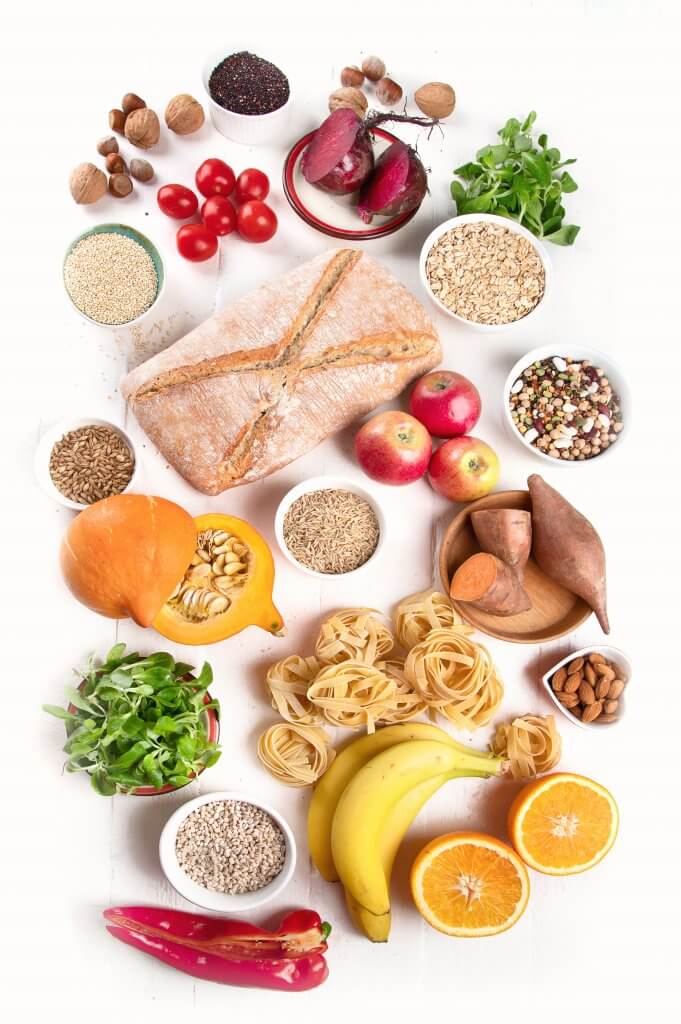As mentioned before the information differs for different chronic health populations, with medications and biological factors playing a role. Eating meals containing carbohydrates are known to increase blood glucose and insulin concentrations. When this is followed by exercise, glucose uptake into skeletal muscle is enhanced, leading to a lower effect on blood glucose.
This has been argued to be of particular importance in diabetes. The commencement of exercise 30–90 min post-prandial (after eating) is suggested to be optimal in accelerating meal-derived glucose removal, thus avoiding hyperglycemia and minimising the risk of post-exercise hypoglycaemia. So, in the case of diabetics, eating before training is recommended.
When comparing this population to endurance athletes, the information differs. A recent review completed by Rothschild et al. in 2020: What Should I Eat before Exercise? Pre-Exercise Nutrition and the Response to Endurance Exercise: Current Perspective and Future Directions. Highlighted that performance is improved following pre-exercise carbohydrate (30 mins prior) ingestion for longer but not shorter duration exercise
However, for the general population, the research is clear; training in a fasted state improves the ability to tap into fat stores sooner and burn a higher percentage of fat during training sessions. Sports dietitians Australia give the option of adding a small snack in the 1-2 hours before exercise for a final top-up of fuel stores. If you want more specific dietary advice on what to eat before training, please consult a dietitian.


